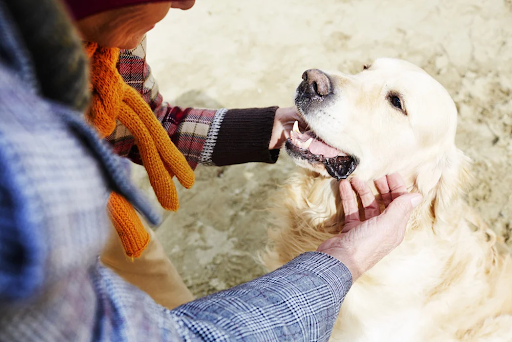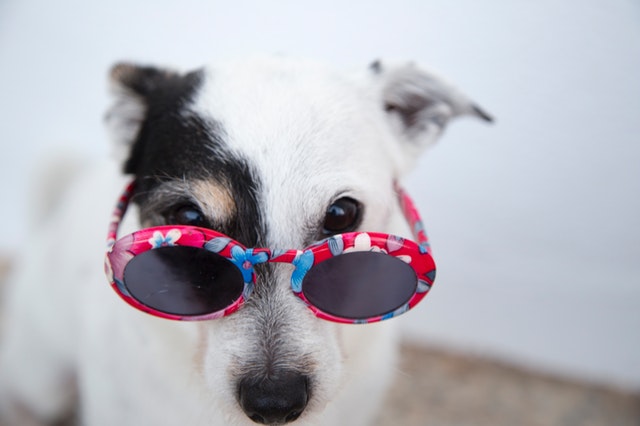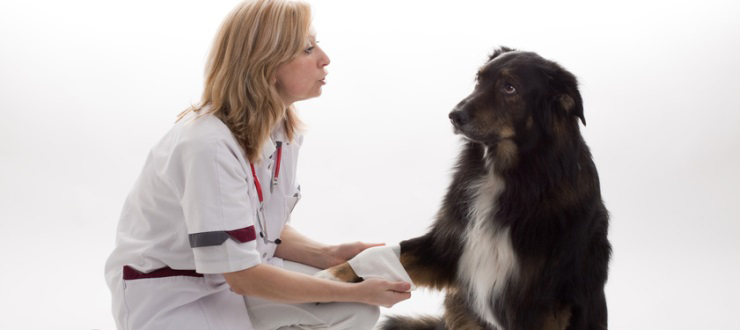My cat faints, is this normal? Reasons and Answers
Do you have a cat that walks often? Understanding how the feline digestive system works can be helpful for all cat owners. This knowledge of course includes everything related to flatulence (commonly known as “cat farts”).
Although not all animals are far away, cats certainly fall into this category. But most cat owners do not even know that cats can get gas because they do it less often and more carefully than other breeds, like dogs and humans.
As in humans, feline flatulence occurs when excess gas accumulates in an animal’s stomach. Unlike humans, cats burps are not normally limited, which is why gas must be eliminated from the body in some way. In other words, it passes through the digestive tract until it can be excreted through the anus.
According to veterinarians, flatulence is considered “impaired gastrointestinal function”. While it does not pose a health risk to your pet, any defects from the so-called “normal” digestion can cause your cat to become uncomfortable. Fortunately, once the cause is known, it is easy to fix.
Causes flatulence in cats
There are many reasons why cats fart. The most common cause is that cats may have swallowed souls by accident. According to the American veterinarian Dr. Kristine Hoyt, who works at Cats on Call Hospital, these gases can also be caused by internal infections. “Cats’ flatulence may be due to the abundance of bacteria in the colon, not the digestive tract usually helping to digest properly, but the harmful bacteria,” he explains. This increase in harmful bacteria may be closely linked to a rich or unhealthy diet. Cats also sometimes faint due to hair loss, digestive disorders or allergies to pollen or flea, for example.
If the cat faint from time to time and its gas does not Smell of Cats Fart too bad, it is because it has been swallowed up by the wind. It can happen to any cat, especially if it eats too much or too fast.
If the flatulence does not appear to be caused by too much air in her stomach, it is possible that her diet is the cause. It is important to monitor how your cat feels when (and when) you change their diet. If you change his diet and soon after he realizes he is starting to have gas, chances are that food is the cause of the problem.
A number of substances commonly found in cat food can cause digestive tract irritation within a skeletal cat. If your cat is having trouble digesting its food, as indicated by flatulence, it may be best not to give it any kind of food: good quality and low-maintenance products will be easier to digest. Furthermore, while it may seem strange, cats can also react to dairy products and tuna, two combinations that can cause flatulence.
Gas can also be caused by “human” food. The cat’s food is carefully crafted to suit their diet, and once a person’s diet is in balance, it can throw everything out of the diet. If you insist on feeding your cat natural foods, it is important that you first identify the type of food that is suitable for cats, and stick to it. Well, if you find that even a proper human diet for cats is causing gas or discomfort, it is best not to give it to your pet.
Also, be sure to keep your litter so that your cat does not have to access food that he or she should not eat. An old rotten piece of meat can look delicious on the inside, and it can ruin their digestion and make them unhappy.
How to fix cat farts?
If you have a cat fainting because it has swallowed air, you may want to try feeding it in an anti-greedy dish. This garnish turns food into a fun and exciting time, and not just against time!
If you suspect that the cause is in your cat’s diet, you may want to try a little more before finding the right one for you. Choosing a high quality food with simple, lightly processed products is a good start. If you ever want to add some solid ingredients and the problem comes back, you will have got the ones that hold your pet.
Fiber is an important part of your cat’s diet, and increasing their dietary fiber if it is not getting enough can help improve their digestion. Be careful though, because if you add this fiber to a diet too much, it can counteract its negative flatulence.
Feline flatulence and health
If your cat sneezes frequently and its gas smells very bad, this could also be a sign of an eating disorder such as Tritrichomonas fetus, or cat trichomonosis. If your cat’s gas is backed up and / or other signs of food allergies appear, such as diarrhea or vomiting, the best thing to do is to take him or her to a vet for auscultation. If possible, bring a fecal sample from you to help your veterinarian find out what is going on with your cat’s diet.
Most of the time, a few cat farts have nothing to worry about. Their bodies are just fixing what is happening in them. If you have questions about your cat’s diet, your veterinarian is available to answer and help you understand what is going on, and even give advice on a person’s diet.







